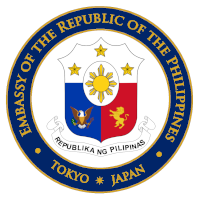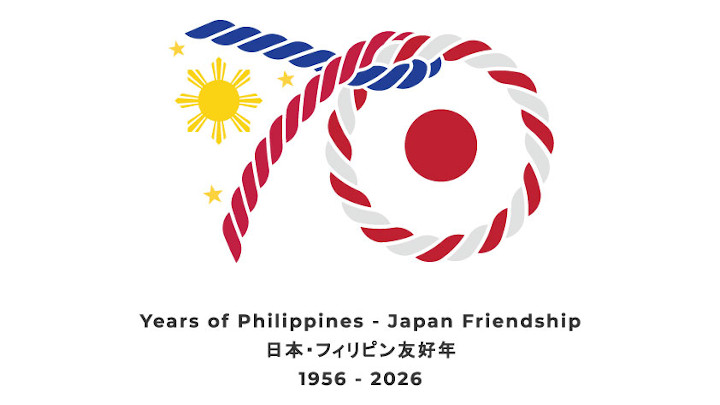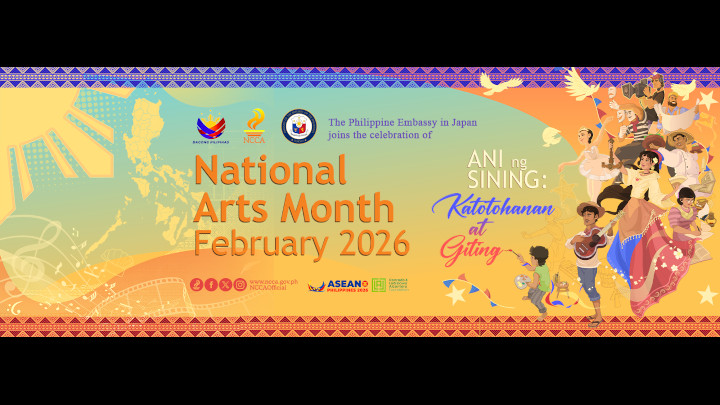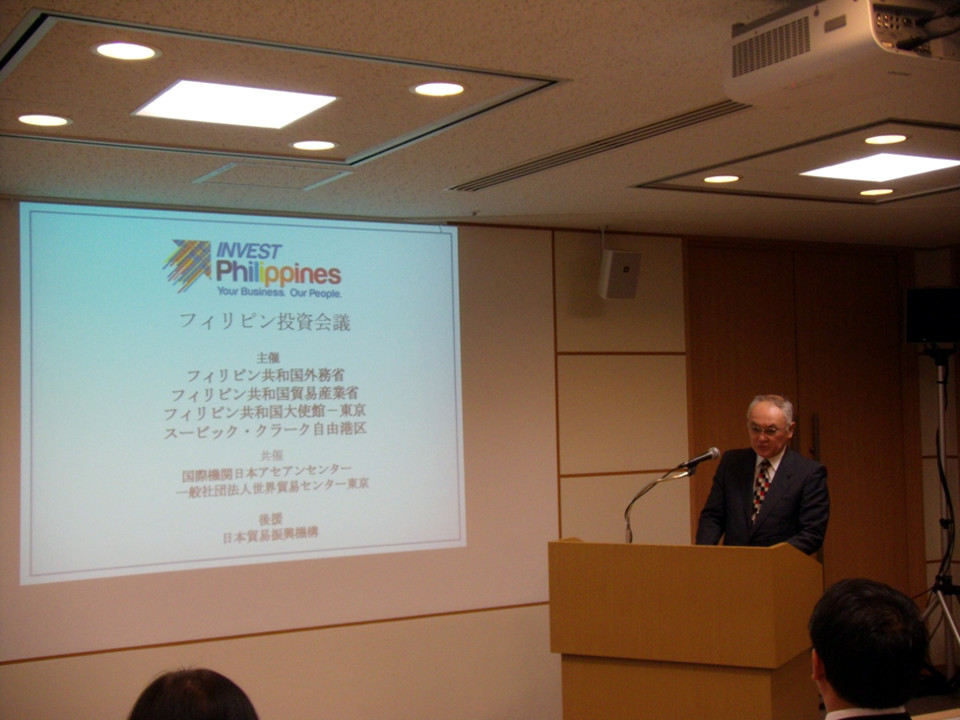Philippines holds Investment Conference and Trade Mission in Tokyo
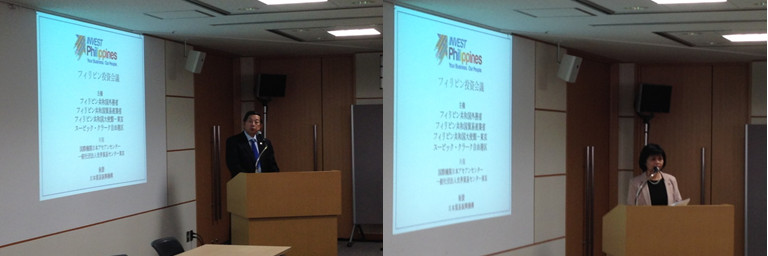
Ambassador Manuel Lopez (left) and DFA-OUIER Undersecretary Laura Del Rosario open the Philippine Investment Conference.
In a concerted effort to drum up interest in Philippine investment and trade opportunities among Japanese companies and business organizations, the Department of Foreign Affairs (DFA), Department of Trade and Industry (DTI), Bases Conversion Development Authority (BCDA), the Subic and Clark Freeport Zones, and the Philippine Embassy in Tokyo held a Philippine Investment Conference at the World Trade Center on 19 November 2013.
The Investment Conference was co-sponsored by the ASEAN-Japan Center and the World Trade Center Tokyo, Inc. and supported by the Japan External Trade Organization.
Ambassador Manuel M. Lopez opened the Conference and expressed deep appreciation for Japan’s immediate assistance from the government and private sectors for the victims and survivors of super typhoon Yolanda (international name: Haiyan) which recently caused massive damage and loss of lives in central Philippines. He enjoined to the participants to actively consider the various investment opportunities mentioned in the different presentations and testimonials.
DFA Undersecretary for International Economic Relations Laura Q. Del Rosario stressed the strong and strategic ties that bind the Philippines and Japan in many levels. Undersecretary Del Rosario also cited economists’ assessments that the damage “does not change the fundamentally strong macro picture that is making the [Philippines] a regional stand-out.” The typhoon aftermath also revealed the Philippines’ immediate and urgent need to focus on disaster risk reduction and investments in areas such as city planning and urban development, high-energy food production for victims of typhoons, infrastructure upgrading (for bridges, ports and buildings) even in areas not affected by Haiyan, and technology for mass distribution and micro delivery of relief supplies, among others.

DTI Undersecretary Ponciano Manalo (rightmost) stressed the different reasons and benefits in investing in the Philippines now to the conference participants.
DTI Undersecretary for the Trade and Investment Promotion Group Ponciano C. Manalo, Jr. underscored the need to “support the development of small and medium enterprises…and that in the growth strategy of Japan, the Philippines by virtue of fast paced growth can provide an avenue for expansion for Japanese SMEs.” He also said that through Japanese investments, the Philippines “looks forward to building a deep bench of suppliers who can fill the missing gaps in our supply chain process, and create linkages and spill-over effects, to eventually strengthen and complement an emergent manufacturing base in the Philippines.” He cited sunrise sectors such as tourism, digital content development, renewable energy, agribusiness that may benefit from the “young, educated, local yet global demographics of the Philippines.”
Close to 150 Japanese participants attended the Conference. The Bases Conversion Development Authority President and CEO Arnel Paciano D. Casanova, Subic Bay Metropolitan Authority Chairman and Administrator Roberto Garcia, Clark Development Corporation President and CEO Arthur Tugade, and Mr. John Boakes of Global Gateway Logistics City in Clark gave presentations on the various investment opportunities in their respective freeport and special economic zones. They also had meetings with Japanese companies in varied areas such as shipbuilding, manufacturing, automotive, renewable energy, among other sectors.
During the Conference, Clark Development Corporation (CDC) signed an agreement with a CDC Japanese locator, SMK Electronics Phils. Inc, to expand the latter’s existing facilities to meet growing customers’ demand.
ASEAN Japan Center Secretary General Yoshikuni Ohnishi closed the program by reiterating the Center’s continuous support for investment promotions programs of the Philippines and other ASEAN countries as well as the region prepares for greater economic integration.
The Philippine Trade Foundation, Inc. (Philippines, Inc.) members led by its Chairman Antonio O. Cojuangco, Jr. and members of the Metro Angeles Chamber of Commerce, Inc. (MACCI) also joined the Philippine delegation. They had their own business matching opportunities with various Japanese companies and trade organizations. END
